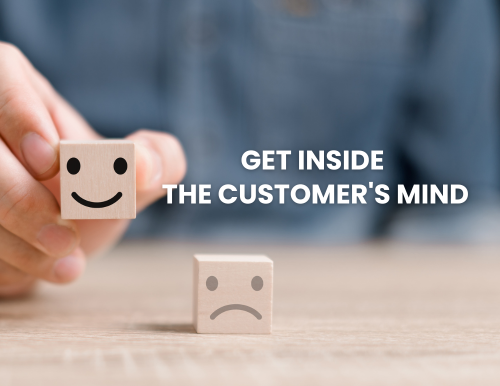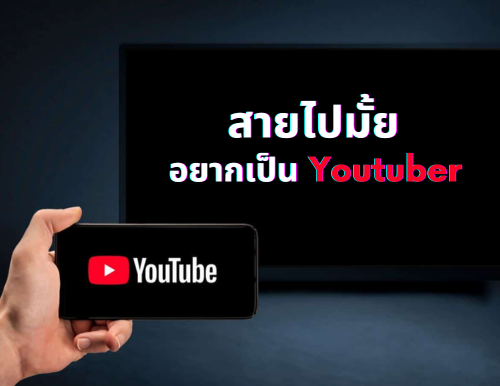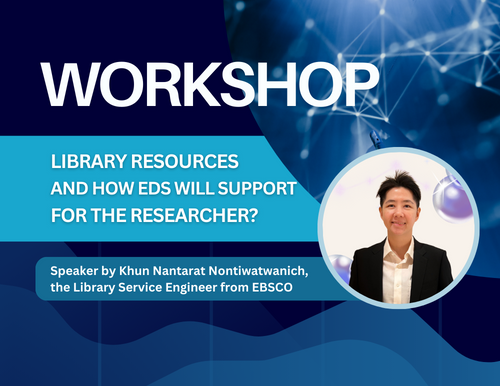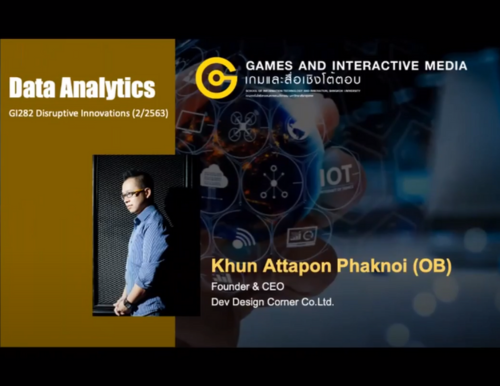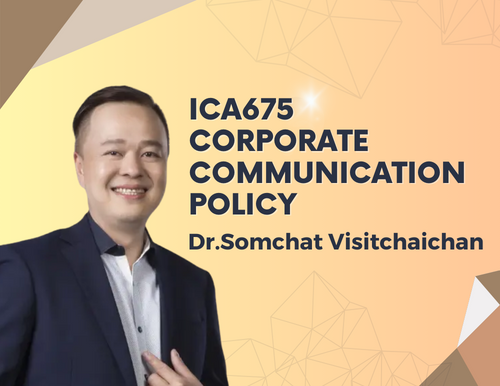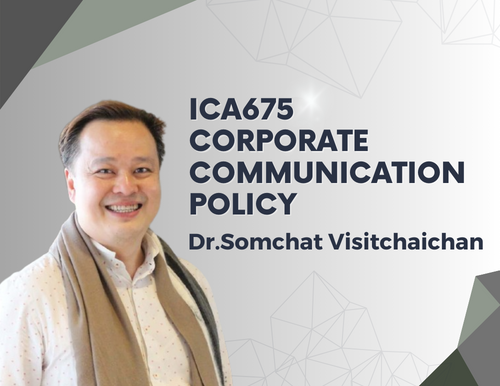The EBSCO database involves searching and accessing high-quality academic articles and research. The steps include targeted searching, reading, downloading, and saving desired articles in the system. Filters and advanced search functions help narrow down results to better match specific needs.
การที่คนสองคนเชื่อมโยงกันทางด้านอารมร์และทางกาย ซึ่งเป็นการผสมผสานที่มีระดับแตกต่างกันออกไปตามรูปแบบและระดับความสัมพันธ์ การสื่อถึงรูปแบบความสัมพันธ์ต่าง ๆ โดย อ.พัชราพร ดีวงษ์
Get inside the customer's mind refers to the process of understanding and empathizing with the thoughts, feelings, preferences, and behaviors of customers or clients. It involves gaining insight into their motivations, needs, and desires in order to better serve them, meet their expectations, and create products or services that resonate with them. By Wichai Pornpratang
การบรรยายเกี่ยวกับการทำอาชีพ Youtuber ให้ประสบความสำเร็จ และให้เข้ากับไลฟ์สไตล์ของคนยุคใหม่กับเจ้าของเพจ Kaykai Salaider และเจ้าของเพจ Dek Jew Chill out
This workshop covers advanced searching and the more sophisticated of databases in the EBSCOhost platform. Library Resources, What is EDS and how it works?, Techniques in “Feature & Setting”, How EDS support the researcher. By Nantarat Nontiwatwanich on January 20, 2024
การบรรยายแบบออนไลน์ เรื่อง Data Analytics Trends
โดย Khun Attapon Paknoi, Entrepreneurship and Innovation, Specialist and Researcher, University of London
เมื่อวันที่ 3 มีนาคม 2564
เป็นส่วนหนึ่งของวิชา GI282 Disruptive Innovation ปีการศึกษา 2563
Lecture ICA675 Corporate Communication Policy
By Dr.Somchat Visitchaichan
Lecture Date:
Sunday 16 February 2020
1.00 p.m. - 6.30 p.m.
There are 3 parts.
Lecture ICA675 Corporate Communication Policy
By Dr.Somchat Visitchaichan
Lecture Date:
Sunday 16 February 2020
1.00 p.m. - 6.30 p.m.
There are 3 parts.
Lecture ICA675 Corporate Communication Policy
By Dr.Somchat Visitchaichan
Lecture Date:
Sunday 16 February 2020
1.00 p.m. - 6.30 p.m.
There are 3 parts.
Lecture ICA675 Corporate Communication Policy
By Dr.Somchat Visitchaichan
Lecture Date:
Saturday 1 February 2020
9.00 a.m. - 12.00 p.m.
and 1.00 p.m. - 6.30 p.m.
There are 5 parts.


